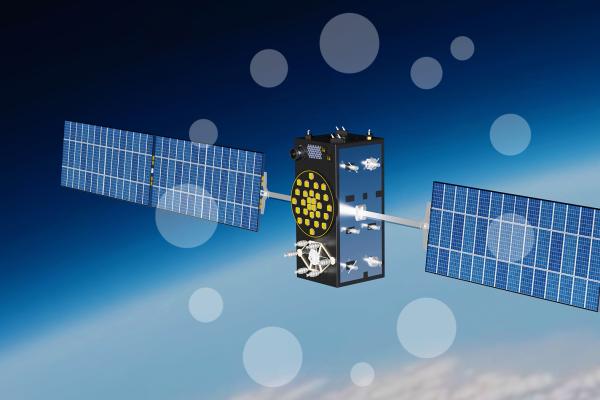Scientific and technological progress in the last decades has brought along an increasing ability to analyse and manipulate physical systems at quantum level. This has made it possible to experimentally investigate quantum physics phenomena that are very different from anything we experience at a human scale and challenge our imagination and intuition. Novel quantum technologies are emerging in a number of sectors, namely communication, computing, sensing and measuring.
Technology readiness levels vary significantly. In some cases, the new devices are expected to offer enhanced performance, versatility, resilience or better handling with respect to existing solutions. In other cases, the improvements might be so great as to enable completely new solutions to a variety of problems, with possibly transformative effects. Also, further technologies or applications might emerge that have not even been thought of so far.
A wealth of business opportunities may unfold, but there are demanding technical and commercial challenges to be met in order to take advantage of them. Moreover, some of the applications are directly relevant to the public sector, for example in defence, security, and health care. Consequently, quantum technologies carry a social and economic significance which demands the attention of public authorities, to help realise their economic and societal potential and to adapt or introduce regulatory regimes and standards as the need arises.
Quantum Technologies have been promoted through the EU research and innovation framework programmes, most prominently via the Future and Emerging Technologies (FET). In 2016, as part of its Communication on the European Cloud Initiative and its accompanying document, the European Commission suggested reinforcing the EU action through a long-term flagship initiative together with the private sector. This initiative reflects also the call put forward in the Quantum Manifesto.
Implications of quantum technologies on European policies
The JRC is studying the implications of the emergence of quantum technologies on European policies. With the goal of giving the European institutions foresight to inform policy decision makers, the JRC is exploring possible areas of intervention to seize on opportunities and to respond to the new realities that the use of quantum technologies could bring along.
To conduct the study, the JRC is setting up interactive processes with stakeholders and experts from research, industry and policy to exchange views on the envisaged application areas of quantum technologies. Interlocutors include experts from quantum science and technologies, but also experts on related or competing technologies, industry representatives from relevant market sectors, potential users and policy makers.
Based on the results of this consultation, the JRC will discuss potential policy interventions with relevant services of the European Commission.
Three generally-recognised application areas have been chosen as initial study cases:
• Secure communications
• Computing and simulation
• Sensing and timing
These application areas are discussed in the JRC Science for Policy Report “Quantum Technologies: Implications for European Policy. Issues for debate”
If you feel you can contribute to the study, please send an e-mail to jrc-quantum jrc [dot] ec [dot] europa [dot] eu (jrc-quantum[at]jrc[dot]ec[dot]europa[dot]eu) and indicate your application area of interest.
jrc [dot] ec [dot] europa [dot] eu (jrc-quantum[at]jrc[dot]ec[dot]europa[dot]eu) and indicate your application area of interest.

